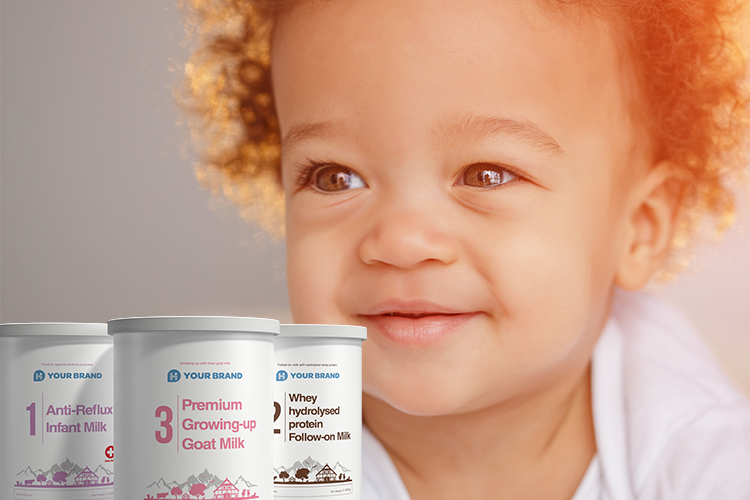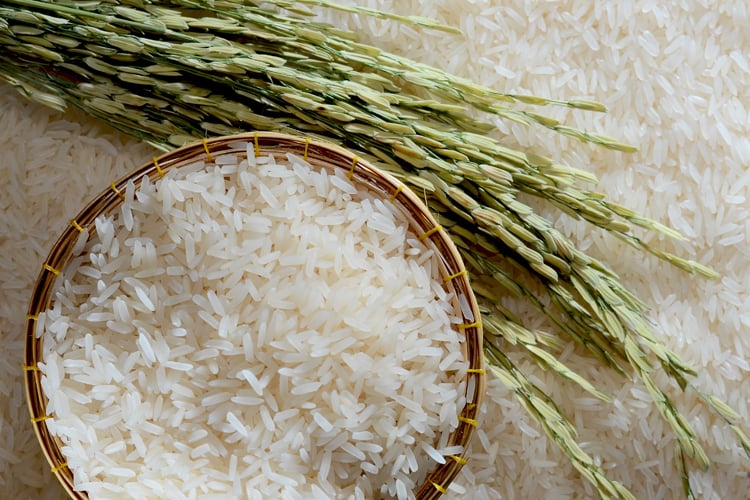
If there is an iron deficiency, the body does not create enough blood cells; the goods train is shortened and delivers less oxygen to the organs. Our body then lacks an important source of energy.
Iron is essential to the human body. By essential we mean that our body is incapable of producing iron by itself so it has to come through food.
The human body can store around four grams of iron:
in the liver, in the spleen and in the bone marrow. If the supply is exhausted, we speak of iron deficiency, otherwise known as iron deficiency anaemia.
Possible long-term harm to children with iron deficiency (1, 2)
- Long-term damage to neural connections
- Impairment to cerebral functions
- Delayed growth and arrested development
- Reduced mental performance
- Poor concentration
- Social and emotional problems
- Depressive moods and anxiety
- Poor verbal expression
Further Information
Sources
1) Brunner S et al. Zentrum für Labormedizin, Kantonsspital Aarau, Schweiz: Eisenmangel, Gehirnentwicklung und kognitive Leistungsfähigkeit, ARS Medici Dossier 2013
2) Institute of Medicine. Dietary Reference Intakes for vitamin A, vitamin K, arsenic, boron, chromium, copper, iodine, iron, manganese, molybdenum, nickel, silicon, vanadium and zinc. Washington D.C. National Academy Press, 2001. www.nap.edu/books










Leave a comment